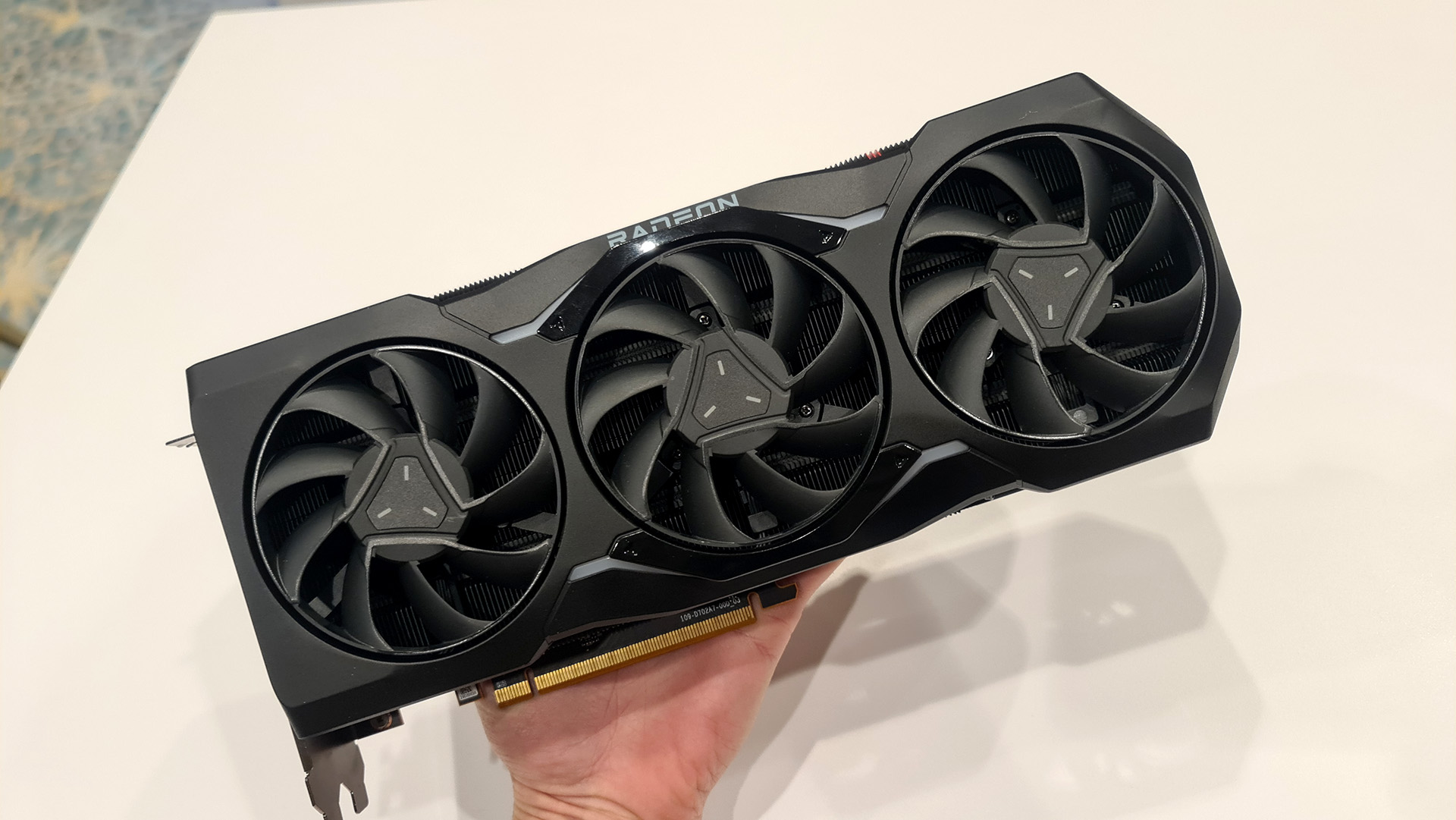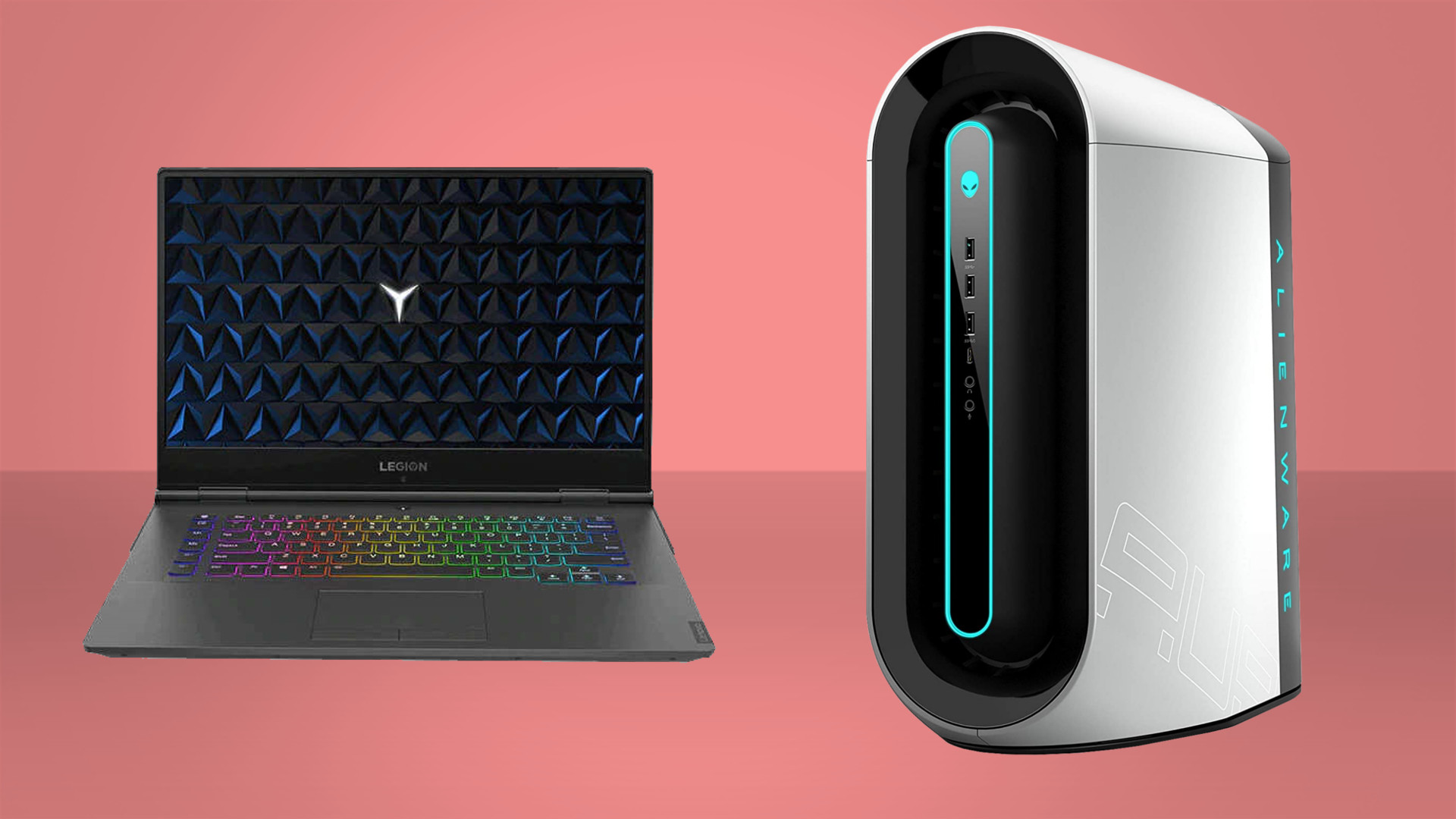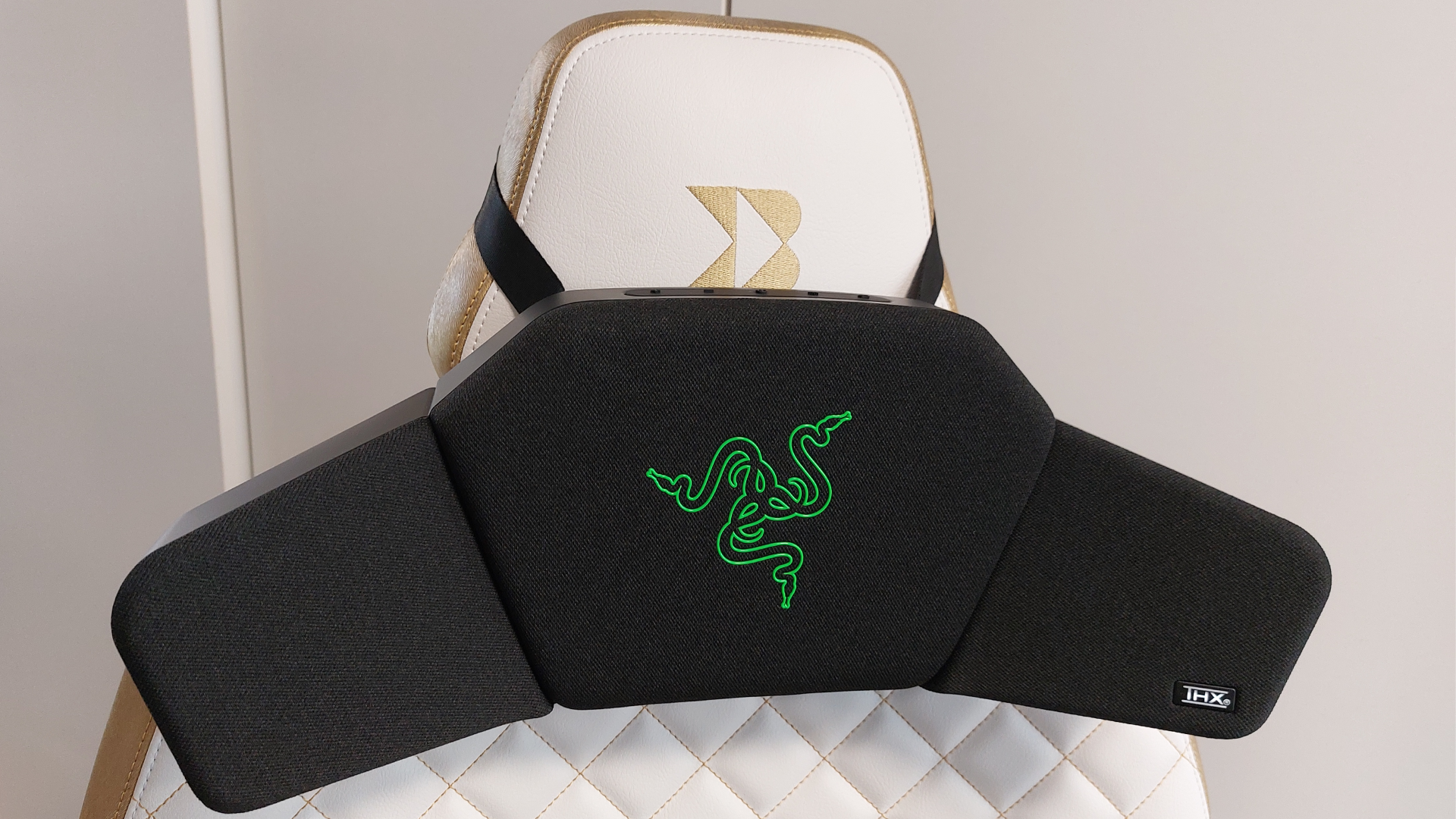AMD's RX 7900 XT/X reference cards reportedly not shipping to China because the packaging says 'Made in Taiwan'
There are rumours of supply shortages and driver issues, but those are apparently not the reason for AMD's own cards not making it to China.

I honestly don't know how to feel about this one. We are, of course, in grain of salt territory here, but recent rumours are stating the number one reason that AMD's new Radeon RX 7900 XTX and RX 7900 XT cards aren't appearing in China is because the red team has stuck 'Made in Taiwan' on the boxes.
Which would be entirely fair given that the Taiwan Semiconductor Manufacturing Company has had a big hand in creating the exciting new chiplet-based RDNA 3 GPUs packed inside AMD's new cards. Though China is a bit, y'know, funny about the little island off its coast being referred to as anything other than 'China.'
The main report comes from Videocardz, which references sources from the Chiphell forums and Bilibilli talking about availability, as well as "a problem in the small island." But it's one response to the article's Twitter social that highlights the potential reason for a failure to launch in China.
I don't know how to feel about this, though, because I don't know if this is an error on AMD's part or a conscious decision to stand by its GPU and CPU manufacturing partner during a time of diplomatic turmoil. On one side it would be kinda foolish, and on the other maybe kinda admirable.
Or it may not be true at all.
We also don't know how actual Taiwanese brands, such as Asus, MSI, and Gigabyte, get around shipping product to China. Though it's entirely possible that, given their graphics cards, laptops, etc, are mostly assembled and packaged in China, that's not necessarily a concern.
I wrote earlier about how Nvidia is rumoured to be cutting the pricing of its RTX 4080 due to weak sales, and that the sources stated that it was down to bump up the number of cards it was selling rather than anything to do with AMD's competing RX 7900-series cards. In that I mention a report from IgorsLab which speaks of issues the red team is having getting a lot of launch GPU stock out into the wild even outside of China.
Keep up to date with the most important stories and the best deals, as picked by the PC Gamer team.
The ref 7900XTX/7900XT package is marked as ‘made in Taiwan’. This wording does not meet the current standards in mainland China, so AMD needs to prepare a new version of the package specifically for mainland China. 👀December 6, 2022

Best gaming PC: The top pre-built machines from the pros
Best gaming laptop: Perfect notebooks for mobile gaming
It also mentions that one of their sources has detailed some specific driver problems, such as memory leaks, which are affecting performance and stopping them from getting third-party cards out the door and into shops.
In general most AIBs will apparently ship their cards a week after the reference card launch, but there's also a chance that, while the reference cards are shipping in mid-December, some AIBs might not launch their own versions until the new year.
With historic issues getting stock on shelf to match launch demand, consistent problems across the past few years in maintaining enough GPUs out in the channel, and now potential problems within China, the next Radeon graphics card launch will be one to watch.
Though also because the new RDNA 3 graphics chips will introduce the first innovative chiplet GPU design. These new graphics cards could mark a whole new dawn for Radeon GPUs, and hopefully a new level of competition against its Nvidia rivals. I mean, that's the only way to drive down graphics card pricing, right?
We've reached out to AMD for comment regarding these rumours and will update should we hear anything back.

Dave has been gaming since the days of Zaxxon and Lady Bug on the Colecovision, and code books for the Commodore Vic 20 (Death Race 2000!). He built his first gaming PC at the tender age of 16, and finally finished bug-fixing the Cyrix-based system around a year later. When he dropped it out of the window. He first started writing for Official PlayStation Magazine and Xbox World many decades ago, then moved onto PC Format full-time, then PC Gamer, TechRadar, and T3 among others. Now he's back, writing about the nightmarish graphics card market, CPUs with more cores than sense, gaming laptops hotter than the sun, and SSDs more capacious than a Cybertruck.

